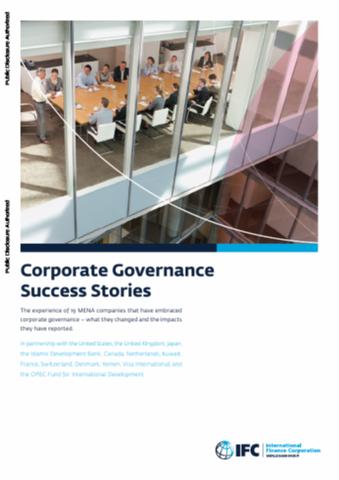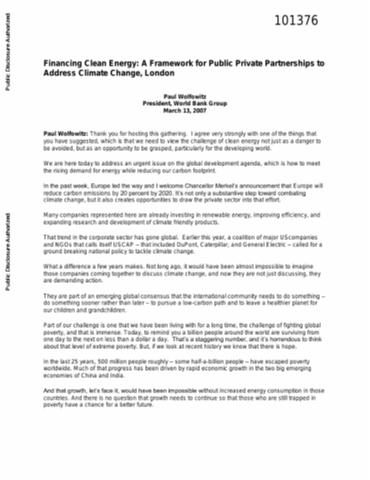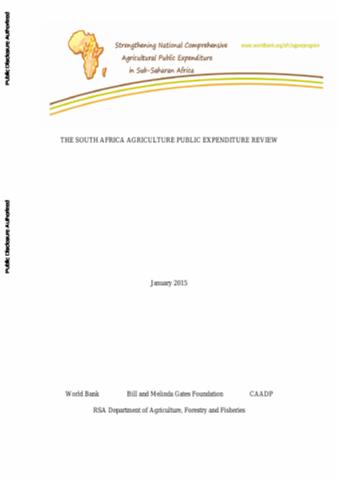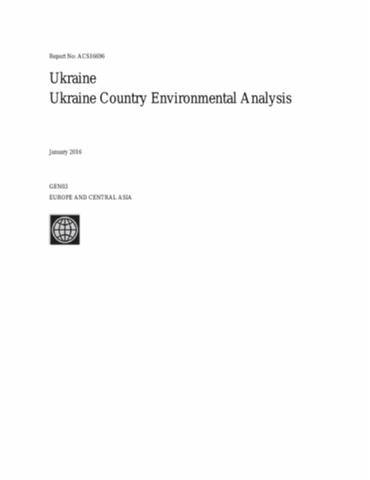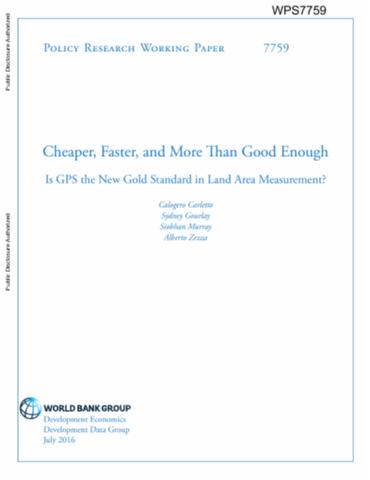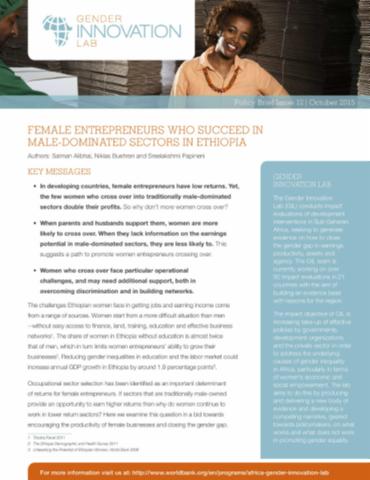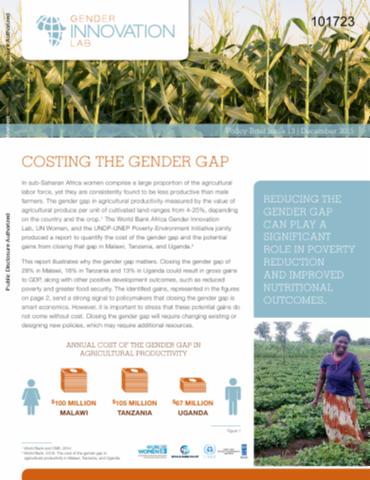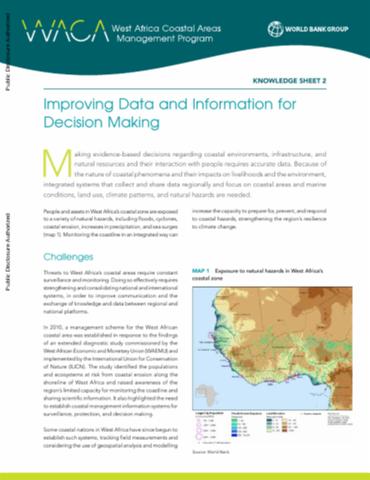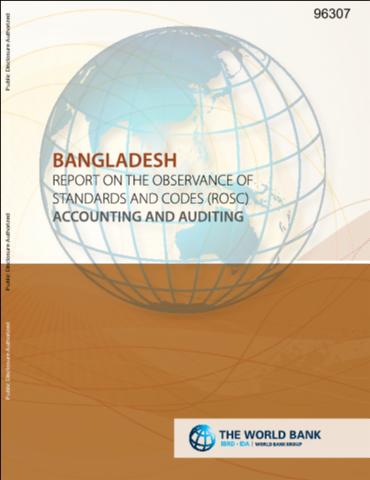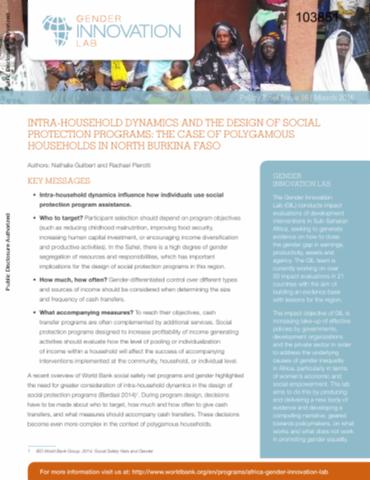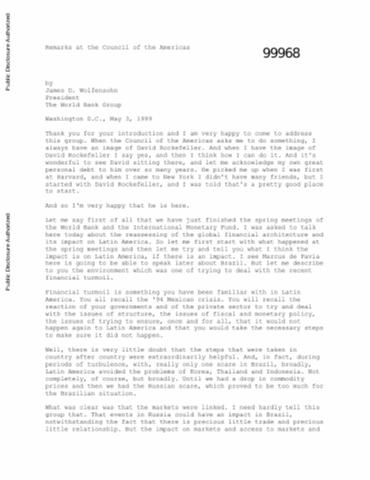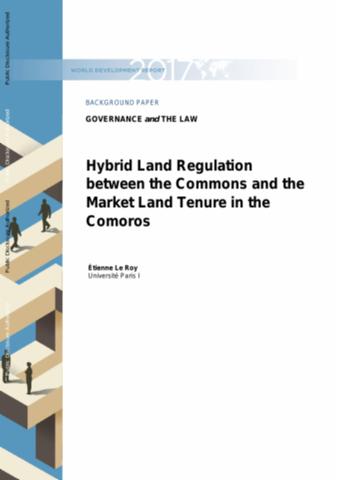Corporate Governance Success Stories
This report summarizes the experiences of 19 companies from across the region. Each of the case studies highlights the key corporate governance changes made and the positive impacts that resulted, as reported by the company. The companies represent various countries, sectors, types, and sizes. All of the companies featured are former IFC Advisory Services clients. Some are IFC Investment clients as well. IFC conducted an in-depth corporate governance assessment for each of these companies using IFC’s Corporate Governance Methodology.

